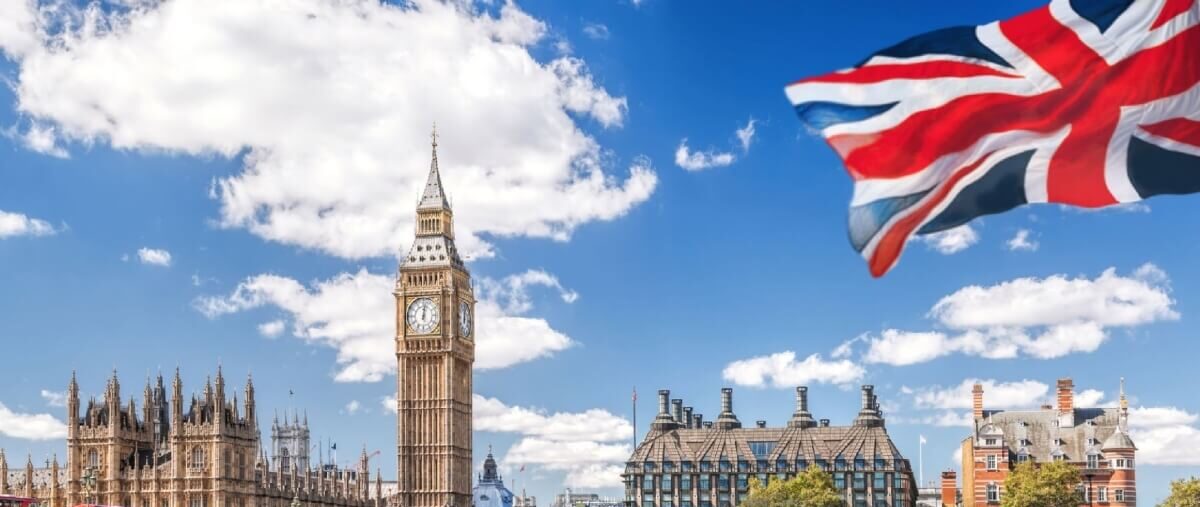Key Insights
- UK inflation remained at 6.7% in September, in line with expectations and unchanged from the previous month.
- Food and non-alcoholic beverage prices fell for the first time since September 2021, while rising fuel costs contributed to the overall inflation rate.
- The Bank of England, after 14 consecutive interest rate hikes, is now expected to keep rates steady at its November meeting.
The United Kingdom has reported a consumer price index (CPI) of 6.7% for the month of September, a figure that has held steady since the previous month. This performance slightly exceeded the expectations of financial experts.
Looking at the month-on-month changes, the headline CPI in September increased by 0.5%, aligning perfectly with the forecasts, as economists polled by Reuters had projected an annual rate of 6.6% and an identical monthly climb of 0.5%.
The Office for National Statistics has revealed that the primary downward influences on the CPI stemmed from the food and non-alcoholic beverages sector, where prices saw a decline on a month-on-month basis for the first time since September 2021. Counterbalancing this trend were escalating fuel prices, which made the most significant contribution to the overall inflation rate.
When focusing on the Core CPI, which omits the more volatile components of food, energy, alcohol, and tobacco prices, the year-on-year increase was recorded at 6.1% for September. Although this number represented a slight decrease from August’s 6.2%, it remained marginally above the consensus projection of 6%.
Notably, the UK Chancellor of the Exchequer, Jeremy Hunt, expressed his view on this development. He stated,
As we have seen across other G7 countries, inflation rarely falls in a straight line, but if we stick to our plan then we still expect it to keep falling this year. Today’s news just shows this is even more important so we can ease the pressure on families and businesses.
This report comes on the heels of August’s surprising dip in the UK consumer price index, which had dipped to 6.7%, falling below expectations. This unexpected turn of events prompted the Bank of England to conclude a streak of 14 consecutive interest rate hikes. Beginning in December 2021, the Bank had consistently increased rates in an effort to quell rising inflation, elevating its primary policy rate from a mere 0.1% to a 15-year high of 5.25% by August.
Bank of England expected to keep rates steady
Looking ahead, market indicators suggest a 77% likelihood that the Bank will maintain its current rates at the upcoming meeting scheduled for November 2nd.
Marcus Brookes, the Chief Investment Officer at Quilter Investors, offered his insights, noting that the UK’s journey back to the Bank of England’s 2% inflation target is likely to be a “slow and steady” one, with little chance of acceleration in the near term. He expressed concern over rising geopolitical tensions and the resurgence of energy and petrol prices, warning that such inflationary pressures could impact an economy already grappling with a costly cost-of-living crisis. Consequently, the narrative of “higher for longer” interest rates seems poised to persist.
While wages are currently on the rise, Brookes suggested that the repercussions of the Bank’s prior monetary policy tightening are still to be fully experienced by households, implying that policymakers may need to implement “at least another rate rise” in light of the latest CPI reading. He acknowledged the challenging balance facing the Bank of England, caught between doing “enough” and not wanting to appear inactive in the face of persistent high inflation.
Additionally, recent official data has indicated a moderation in wage prices and a relaxation of labor market conditions, two critical metrics the Bank of England closely watches as it evaluates the potential depth of inflation’s entrenchment in the British economy. Hetal Mehta, Head of Economic Research at St. James’s Place, commented that when considering this data alongside the CPI reading, it may not be a “significant upside surprise” that could alter the Bank of England’s decision to maintain current rates in November.



[…] Bank of England’s Chief Economist, Huw Pill, has indicated that UK inflation is expected to see a significant drop in the coming months. His comments have resonated with the […]